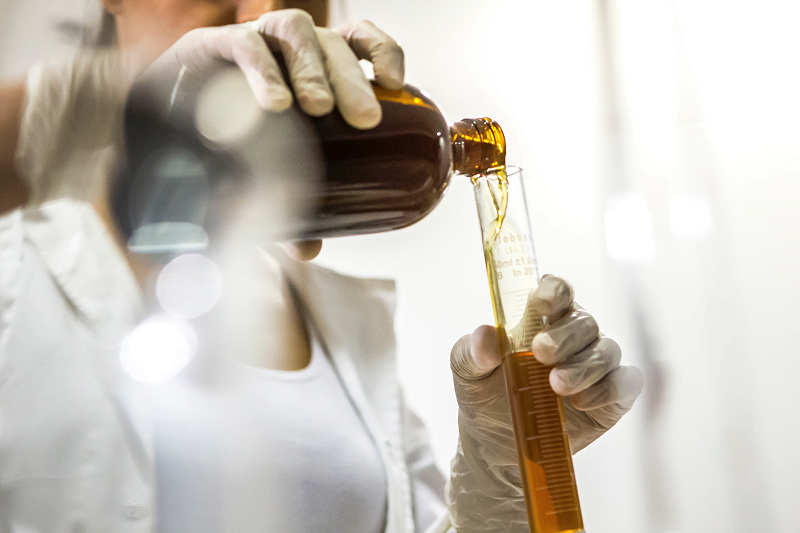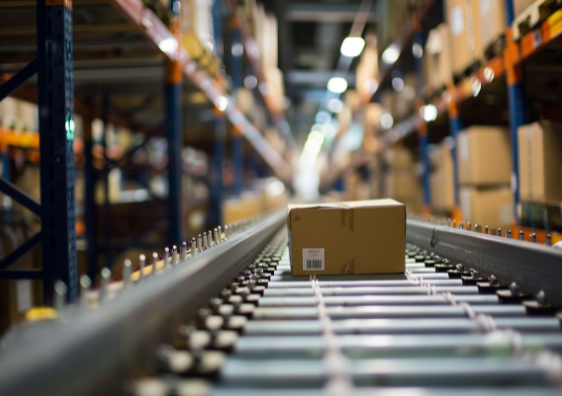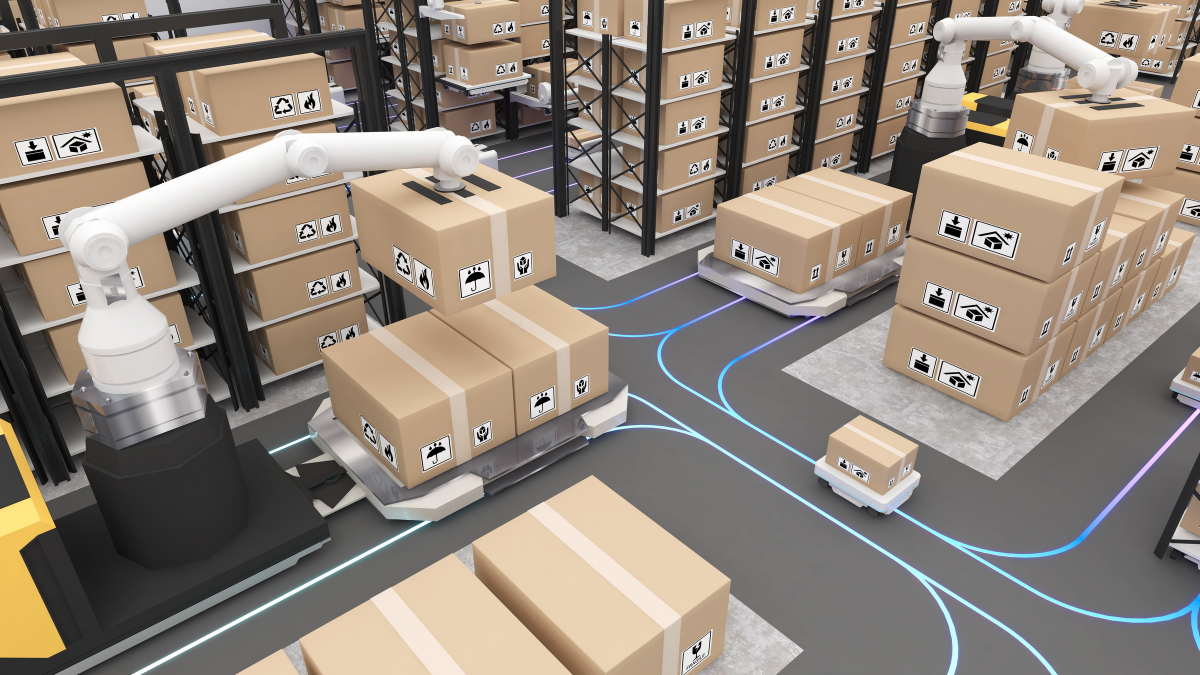Successful Cosmetic Industry Logistics: Strategies for enhanced Operations and Productivity
In the thriving world of cosmetics, where consumer demands evolve at lightning speed, efficient logistics management is the secret ingredient for success. To ensure the timely delivery of high-quality beauty products and maintain customer satisfaction, it is paramount for cosmetic businesses to streamline their supply chains. In this article, we delve into the essential elements of logistics within the cosmetic industry, exploring strategies to optimize operations and drive productivity.
Unlocking the power of efficient inventory management is vital in the fast-paced cosmetic industry. By monitoring stock levels and analyzing demand patterns, businesses can avoid the pitfalls of stockouts and overstocking. Through the implementation of inventory management systems and advanced forecasting techniques, companies can accurately predict demand, optimizing their product inventory for maximum efficiency.
Elevating quality control: the role of warehousing and distribution in maintaining cosmetic product integrity
Maintaining the pristine quality and integrity of cosmetic products relies heavily on robust warehousing and distribution practices. Temperature and humidity-controlled storage facilities are a must for delicate items such as skincare products and fragrances. By implementing efficient picking, packing, and shipping processes, businesses can minimize errors and ensure prompt order fulfillment. Leveraging technology-driven solutions, like barcode scanning and automated inventory management systems, further streamlines operations for enhanced efficiency.
Key strategies for efficient transportation in the cosmetic industry
Transportation stands as a pivotal pillar of cosmetic logistics, ensuring products reach their destinations swiftly and cost-effectively. Choosing the optimal mode of transportation—be it air freight, sea freight or road transportation—depends on factors such as distance, product characteristics and customer requirements. Collaborating with dependable shipping partners and utilizing real-time tracking systems empowers businesses to optimize transportation processes, reduce delivery lead times, and exceed customer expectations.
Compliance matters: upholding regulatory standards in the cosmetic industry for consumer safety
The cosmetic industry is subject to rigorous regulatory frameworks and quality standards, safeguarding consumer protection and product safety. Seamless logistics operations demand meticulous compliance with labeling, documentation, and import/export requirements. Establishing effective communication channels with regulatory authorities and staying up-to-date with evolving standards is crucial, preventing costly delays and penalties.
Reverse logistics for cost reduction and sustainability in cosmetics
Reverse logistics—the management of product returns, repairs, and recycling—is a critical facet in the cosmetic industry. Handling customer returns, expired products or damaged items efficiently minimizes costs and fosters customer loyalty. Streamlining reverse logistics procedures allows businesses to recover value from returned products, reduce waste and champion sustainability commitments.






